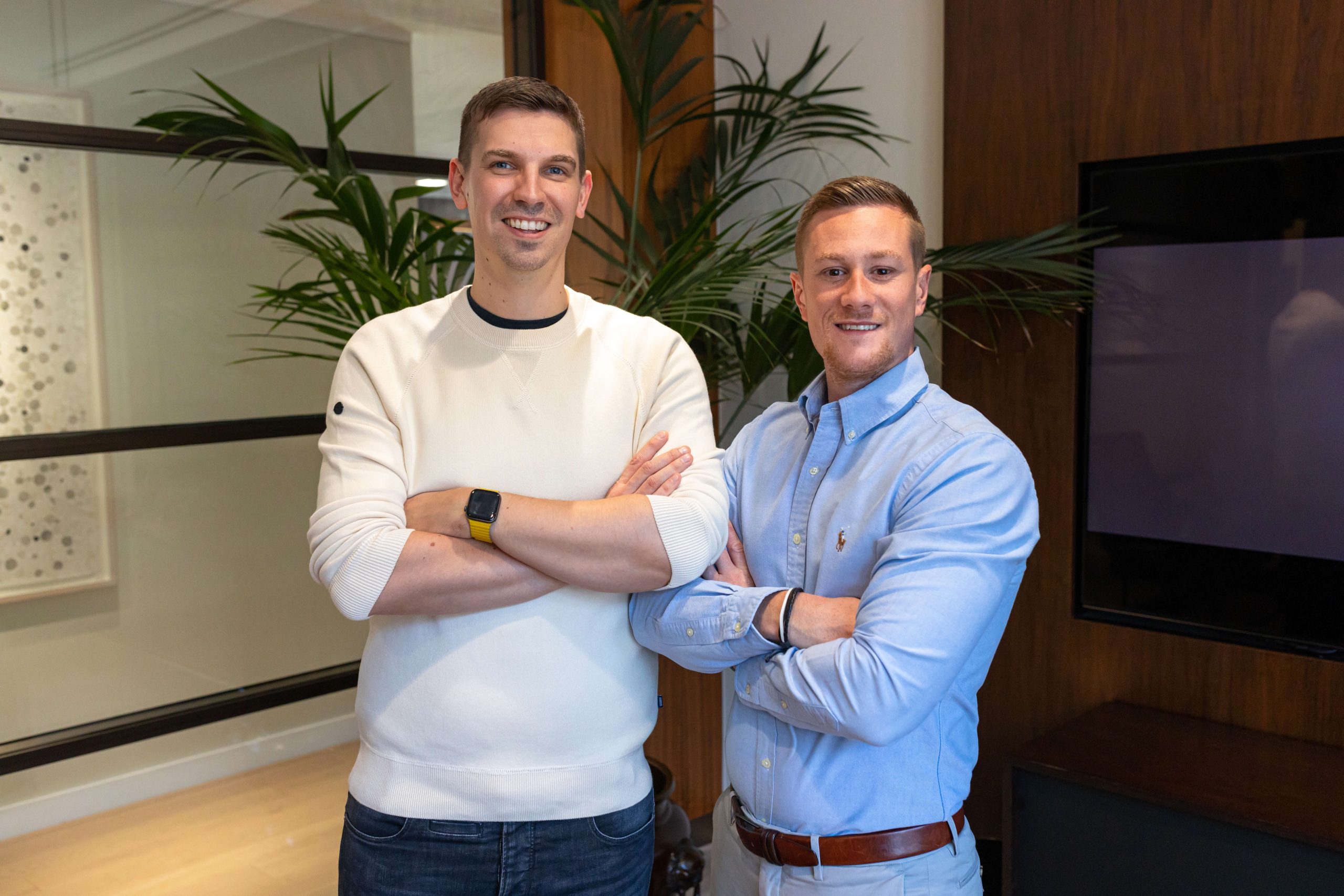- 16-23 year olds will undertake an average of 15 interviews before landing their first job
- A third of young people admit to feeling anxious about the pressure of getting into the world of work (32 per cent)
- Almost a quarter say finding employment is their main concern, as the cost-of-living crisis continues
For its 10th anniversary, Barclays LifeSkills has teamed up with football legend Ian Wright, to help young job seekers recognise their core transferable skills so they can give their interview pitch a boost and score the jobs they are looking for.
LONDON, 18th April As young people look to transfer from the classroom to the world of work, new research by Barclays LifeSkills reveals that 16-23 year olds will have to go through an average of 15 interviews before successfully landing their first job.
The research found confidence is a key barrier to securing that all important offer as 31 per cent of young people worry they don’t have enough experience to secure a job, leaving them nervous when interviewing and unable to perform to their best.
This pressure comes at a time when competition in the job market is intensifying, leading to 24 per cent of young people saying that securing a job is their primary concern for the year ahead.
Despite many developing core transferable skills – such as problem solving and adaptability – through extra-curricular activities and part time jobs, a third (33 per cent) of young adults are unsure of how to make them seem relevant in job interviews.
Kirstie Mackey OBE, Head of LifeSkills at Barclays said: “Looking for your first full-time job can be a difficult experience and it’s no bad thing to be prepared to face some rejection. However, it’s important that young people not only remain resilient, but understand how many relevant, desirable skills they bring to the table and that they go into interviews with confidence and be set up for success.”
Barclays LifeSkills helps people recognise the skills they have from participating in a range of activities, such as captaining a football team or volunteering at a local charity, and how to best apply them in the workplace.
Since its inception in 2013, Barclays LifeSkills has helped 18 million prepare for the world of work.
Football is a passion for many young people and opens doors to skills that last a lifetime. Through initiatives like the Barclays Community Football Fund, Barclays is invested in sparking more of these opportunities in communities.
To encourage and inspire young people to recognise their strengths as it celebrates its 10th anniversary, Barclays LifeSkills is working with Barclays Football Ambassador and former footballer, Ian Wright. With his unique perspective, he wants to inspire young people to recognise their strengths and help them succeed?*. This stems from findings in the research which show that over a quarter (26 per cent) of young people would welcome advice from figures outside of the academic field, with three in five (59 per cent) calling out those who work in the sporting industries as ‘inspirational’.
Ian Wright, Barclays Football Ambassador, said: “I got rejected a lot when I was trying to get my break into professional football. It does knock your confidence, but it also makes you realise how hard you have to work to make it as a professional, and that stays with you no matter what your job is.
“As a player, the pressure to be on top form and to score in every game was always there, but it’s what we trained for, and what our coaches and managers prepared us to do every time we went out on the training pitch. I knew how important it was to aim high and perform well, but we were a team, too, so we also wanted to do well for each other.
“Then when I retired from playing, I went straight into TV. But I knew nothing about broadcasting. I had to adapt quickly and surround myself with people who knew a lot more than I did and who were prepared to help me, like my coaches always had. Preparation was key for me, and it still is now.
“That’s been one of the biggest things for me – knowing that my own hard work is one thing, but having people around to help and support you is so important as well.”
LifeSkills Top tips for transferring your skills to job interviews:
- Seize your transfer window: – it’s important to understand what core transferable skills you have developed through school, extra curriculars (like football!) or maybe a part time job. When you’re preparing for an interview, go through the job description and beside each point, write down which transferable skill you have in that area – don’t forget to include examples which show how you have applied them!
- Every team needs a coach: whether it’s a parent, teacher, sports coach, or mentor – find someone who can chat through your experience and skills. Often, they will recognise talents you didn’t know you had, or spot areas where you can brush up on.
- Avoid own-goals: preparation is key ahead of any job application or interview – give yourself the best chance for success by doing plenty of research and practising with someone beforehand.
Barclays LifeSkills offers a range of resources for young people to help them kick off their careers by developing the skills essential to move forward in today’s evolving workplace. For more information about Barclays LifeSkills visit barclayslifeskills.com






